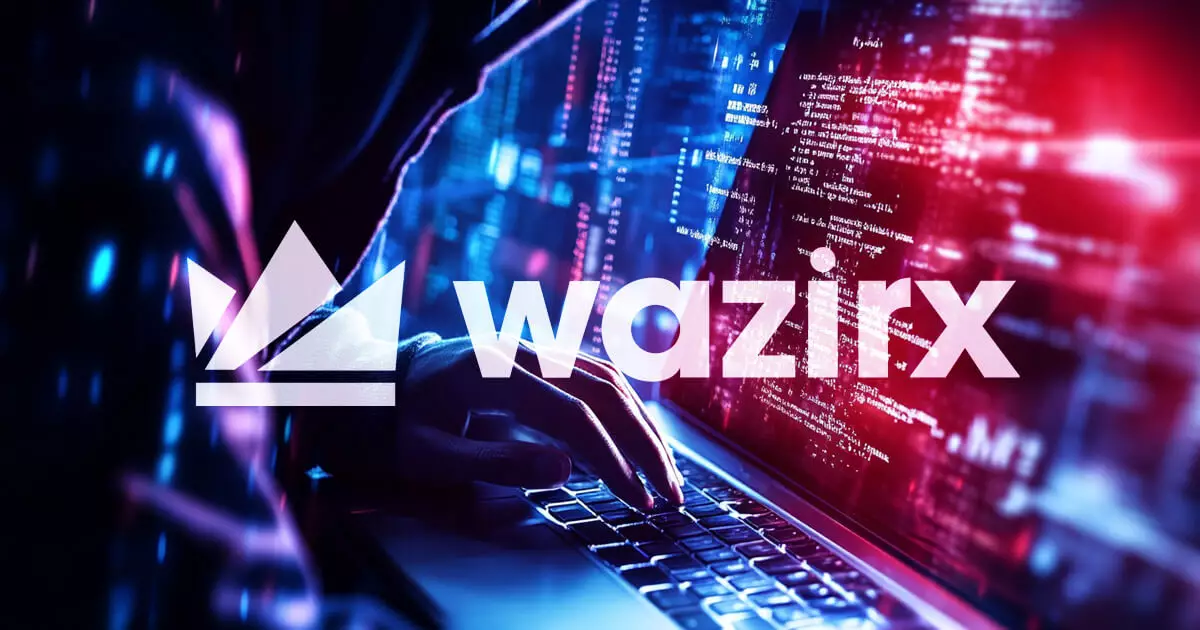The world of cryptocurrency has always been riddled with technological vulnerabilities, and the recent breach involving WazirX is a glaring example. The Delhi Police have made significant strides in their investigation of the staggering $235 million breach that has shaken the foundation of this prominent crypto exchange. The arrest of SK Masud Alam from Bengal has brought some clarity to the chaos surrounding the incident. Allegedly, Alam created a fraudulent account on WazirX using the alias “Souvik Mondal.” Following the establishment of this fake identity, he purportedly sold the account through Telegram to an individual identified as M. Hasan, who masterminded the exploit, initiating a chain of events that led to a substantial financial hemorrhage for WazirX and its users.
In their relentless pursuit of justice, authorities have seized three laptops belonging to WazirX’s authorized signatories. The primary aim is to investigate the potential misuse of multisignature wallets, a layer of security meant to safeguard cryptocurrency assets. The charge sheet produced during the investigation indicates that WazirX has been forthcoming, providing the authorities with detailed KYC (Know Your Customer) data and extensive transaction records. Interestingly, the Indian Cyber Crime Coordination Centre (IFSO) conducted an inspection and found no evidence suggesting unauthorized access to WazirX’s internal systems. This finding raises critical questions about how the breach was managed and where the security protocols failed.
While WazirX appears to be cooperating, the situation takes a complicated turn when discussing Liminal, the third-party digital asset custody provider originally tasked with safeguarding WazirX’s wallets. Local police have encountered considerable hurdles as Liminal allegedly failed to comply with repeated requests for crucial information that would allow for a comprehensive tracing of the breach. This lack of cooperation has impeded the investigation, prompting authorities to consider adding this issue to a supplementary charge sheet, further complicating the custody provider’s standing in this debacle.
This ongoing dispute between WazirX and Liminal reveals a concerning trend in the cryptocurrency industry, where accountability often becomes blurred. WazirX has publicly criticized Liminal for not adhering to security protocols, while Liminal has countered by pointing fingers at WazirX’s management practices. This blame game not only hampers the investigation but also reflects the urgent need for clearer standards and practices within the digital asset custody space.
As WazirX grapples with the repercussions of this significant breach, the exchange is not merely waiting for the investigation to conclude; it is actively developing strategies to recover its operations and financial stability for its creditors. The approach is multifaceted.
Firstly, WazirX plans to reopen its trading platform, which it views as essential for enhancing trading volumes and generating revenue. By doing so, the exchange aims to share the fees collected during this period with its creditors, creating a more direct avenue for financial recovery. This initiative highlights WazirX’s commitment to not just weathering the storm but also actively working on restoring user trust and confidence.
Secondly, the exchange recognizes the significance of diversifying its revenue streams. Plans are in place to introduce new offerings, including a decentralized exchange (DEX), staking opportunities, an over-the-counter (OTC) trading desk, and futures trading. These services are designed to attract new users to the platform and stimulate growth, which ultimately is aimed at recovery.
Furthermore, WazirX is taking strategic steps to recover lost and illiquid assets through legal channels. The firm emphasizes the importance of tracking these assets to prevent unauthorized withdrawals and maximize potential returns for creditors, showcasing a proactive stance against further financial loss.
In addition to these operational recovery measures, WazirX is contemplating the establishment of “White Knight” partnerships. This strategy entails seeking investors who could inject rescue financing into the exchange. Such partnerships could be instrumental in rejuvenating WazirX’s financial state while also galvanizing support for creditor compensation.
As investigations continue into the WazirX breach, it is clear that both the authorities and the exchange itself are embracing a dual approach—rigorous investigation and proactive recovery. The unfolding situation underscores a vital lesson for the cryptocurrency industry about the need for enhanced security measures, accountability among service providers, and strategic planning in the event of operational crises. As the dust settles from this incident, the road ahead for WazirX and the broader crypto landscape remains fraught with challenges but also ripe with opportunities for growth and learning.
















Leave a Reply